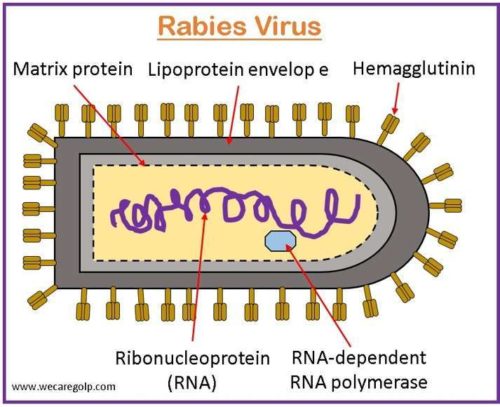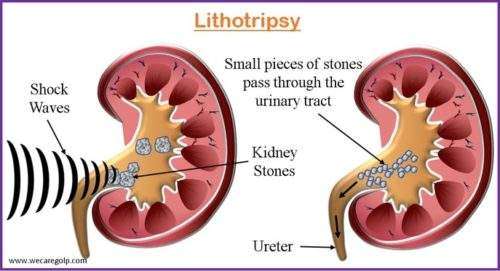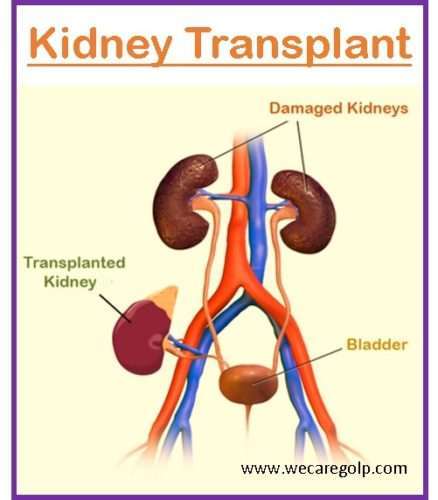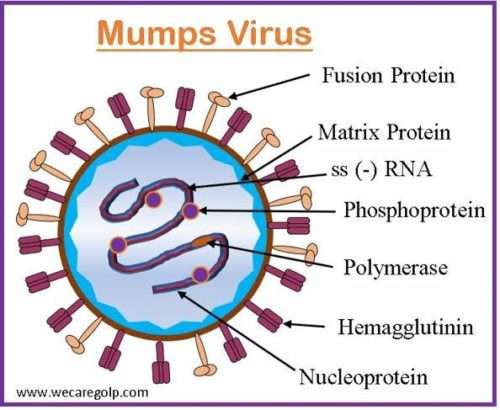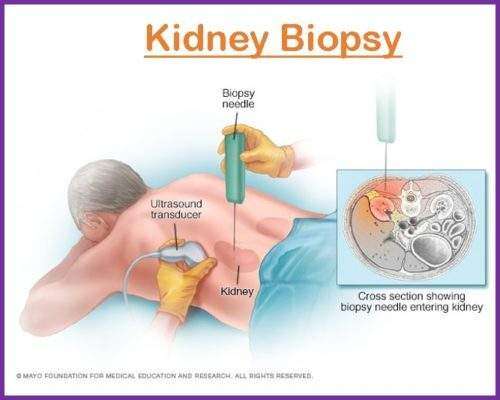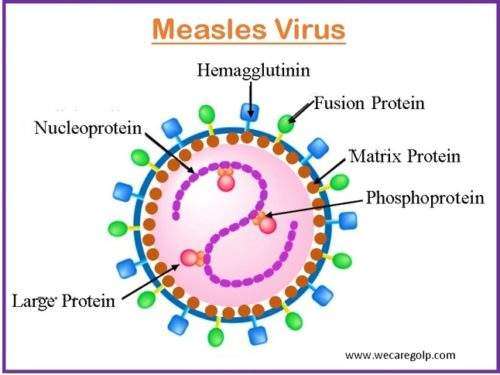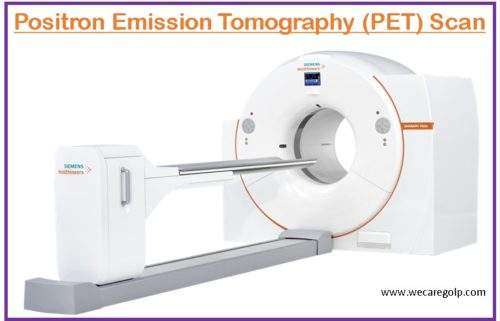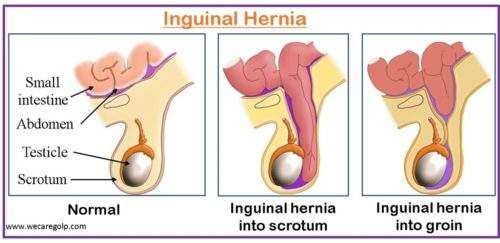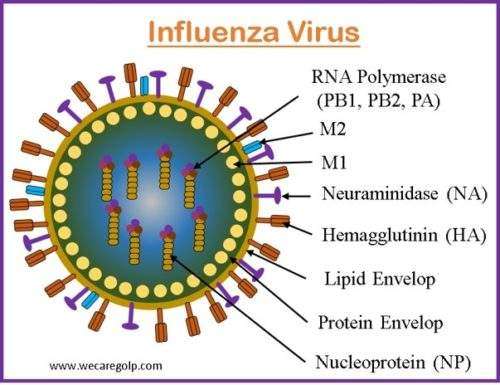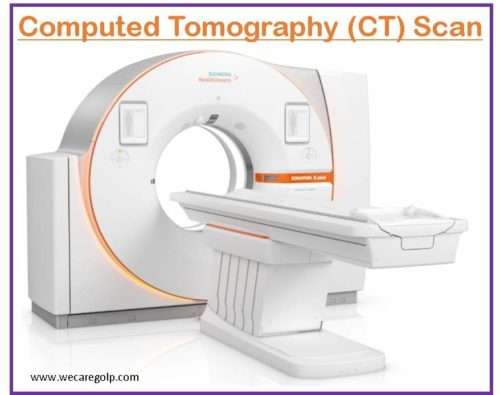Rabies: Causes, Symptoms, Management
Introduction Rabies is a preventable viral zoonotic illness caused by the bite of rabid animals. The rabies virus is a single-stranded, negative-sense RNA virus belonging to the family Rhabdoviridae and the genus Lyssavirus. Incidence Incubation Period Types of Rabies Furious or encephalitic rabies Paralytic rabies Causes of Rabies Risk Factors of Rabies Factors that can … Read more

